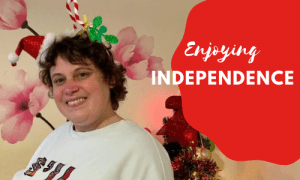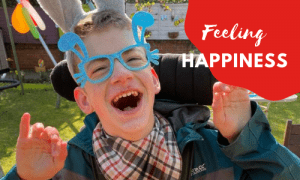What support is available?
If your child needs support from adult social care services, your local authority must undertake an eligibility assessment before they turn 18 (irrespective of whether an Educational Health and Care Plan is in place). You and your child will be fully involved in this process, and it sets out to determine your child’s needs and eligibility for support.
Your local authority should have an ‘approved providers’ list. These organisations have been assessed as meeting the necessary standard required. You might want to go about doing your own research and having a look at the providers on this list to see what they offer.
If you choose us, we’ll then take time to find out your story. What’s your favourite activity? What type of environment do you feel happiest in? Do you enjoy mixing with others and making friends, or prefer to focus on individual activities?
You’ll also want to discuss the different levels of support available. This can range from a few hours a week, supporting with daily living skills, leisure or money management, or it could be a 24-hour provision with 1:1 or greater assistance. The great news is, we can support you with all of those needs in the environment you will thrive in. Typically, you’ll look at whether that could be residential accommodation, or supported living in your own home, as there are a few key differences.











